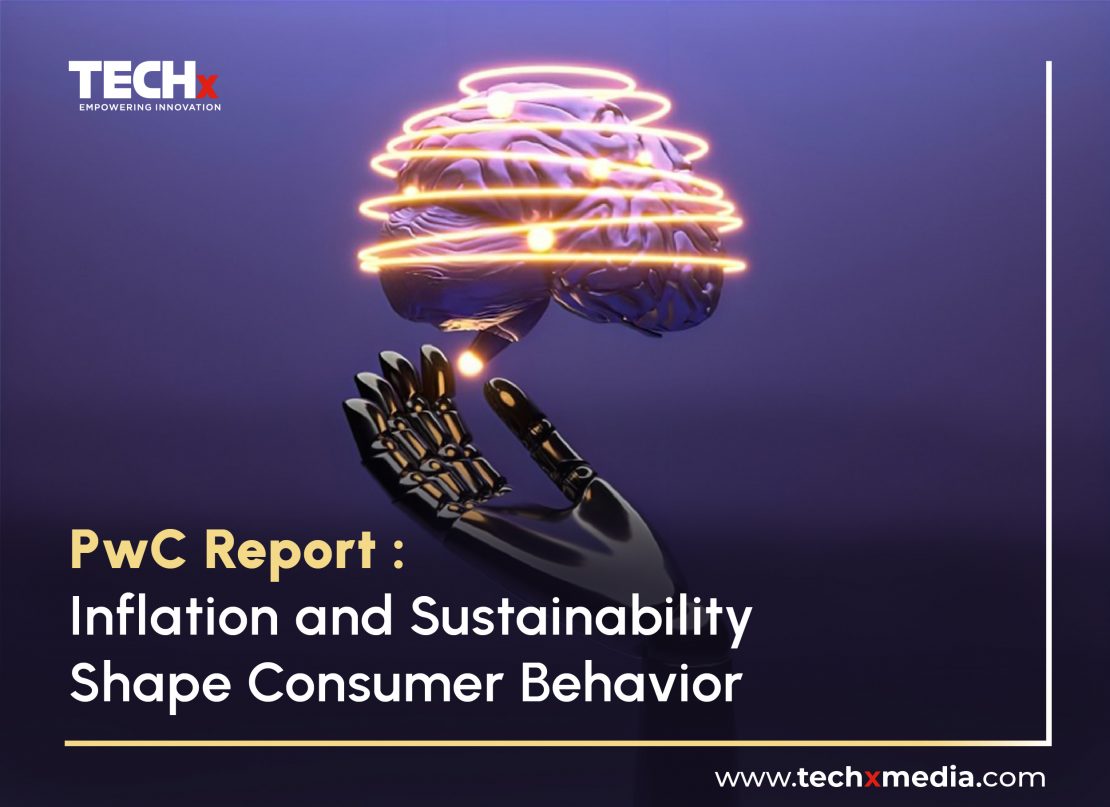
Consumers in the Middle East are increasingly adopting new technologies and raising their expectations from brands, despite facing global economic challenges, according to PwC’s Voice of the Consumer 2024 report. The findings align with global trends, highlighting inflation as the primary concern for regional consumers. A significant 56% view inflation as the greatest threat to their country, while 65% plan to save or invest in the coming year.
Environmental issues continue to heavily influence purchasing decisions, with 85% of regional consumers expressing concern over climate change. Furthermore, 83% report experiencing climate-related disruptions in their daily lives, slightly lower than the global figure of 86%.
Norma Taki, PwC’s Middle East Consumer Markets Leader, emphasized the complexity of consumer behavior in the region: “While global economic headwinds are influencing consumer behavior in the Middle East, creating heightened price sensitivity and a greater emphasis on value, it is a positive sign that this is not translating into a ‘race to the bottom.’ In fact, the unwavering focus on sustainability presents a significant opportunity for differentiation and premiumization.” She noted that businesses in the region are investing in sustainable practices to attract and retain environmentally aware consumers, solidifying their market positions.
The report identifies four key themes shaping consumer experiences in the Middle East:
1. Business Excellence Drives Trust: Consumer trust is increasingly tied to business practices, with 95% of regional consumers prioritizing data protection, fair worker treatment, and transparency regarding sustainable practices, compared to 70% globally.
2. Climate Concerns Influence Mobility: The report reveals that 53% of regional consumers are purchasing more sustainable products, with 82% willing to use public transportation if infrastructure improves. Additionally, 70% expressed interest in owning hybrid or electric vehicles in the next three years.
3. AI’s Role in Shopping: Artificial intelligence is making inroads into the shopping journey. While over half of consumers trust AI for low-risk activities like product information, confidence drops for high-risk tasks such as financial management or medical diagnoses.
4. Shift Towards Online Shopping: Despite a preference for physical stores—45% of consumers prefer to shop in-person—online shopping via mobile devices is on the rise, with 44% frequently shopping online, compared to 34% globally.
The Voice of the Consumer 2024 report offers valuable insights into delivering convenient and seamless shopping experiences tailored to the needs of regional consumers.
About the Survey: This report is based on responses from over 2,100 consumers across Saudi Arabia, the United Arab Emirates, Qatar, and Egypt. It identifies six critical areas where trust gaps exist and provides insights for consumer companies to bridge these gaps, enabling them to maintain and grow their market share.